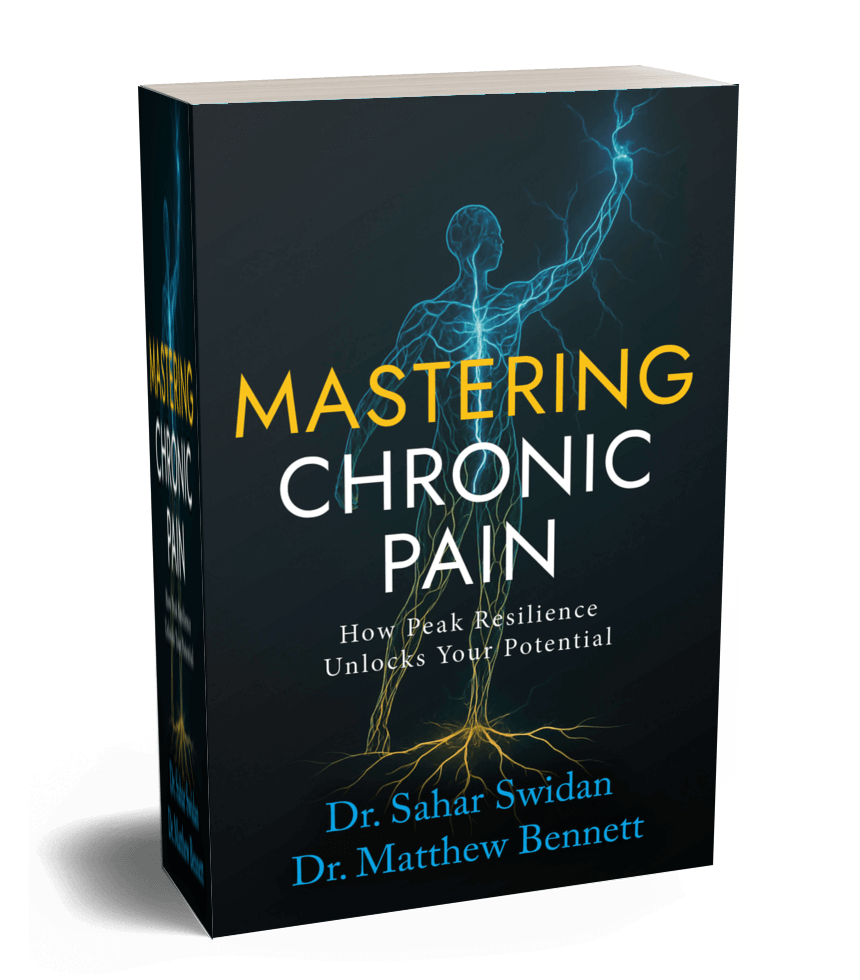Cancer treatment continues to undergo a transformation as technology, particularly artificial intelligence, seeks to reshape how the disease is detected, diagnosed, and managed. Traditional methods, though foundational, can fall short in precision and efficiency. According to Dr. Hima Bindu Lingam, AI brings renewed hope by offering tools that may assist clinicians in making faster, more accurate decisions, which allows for more nuanced cancer care. From early screening to drug development, machine learning and data-driven insights may become indispensable in oncology.
These innovations not only have the potential to enhance diagnostic accuracy but also personalize patient care by considering individual genetic and molecular profiles. Moreover, AI may also be able to streamline clinical trials and expand access to high-quality care across healthcare settings. As the field grows, it’s crucial to balance innovation with ethical oversight, ensuring that AI serves all patients equitably and transparently.
The Current State of Cancer Treatment
Traditional cancer treatment often involves surgery, chemotherapy, and radiation. While these methods have advanced over time, they still present challenges such as severe side effects, lengthy recovery periods, and limited effectiveness in certain cases.
Delays in diagnosis remain a significant hurdle. Some cancers remain undetected until they reach advanced stages, limiting treatment options. As medical knowledge grows, so does the need for more precise tools that can tailor care to each individual’s condition. Missed windows for early intervention often result in more aggressive therapies with lower success rates.
There is a growing shift toward more personalized and targeted therapies. Advances in genomics and molecular biology have started to change the way oncologists approach treatment planning. The demand for solutions that can integrate vast amounts of patient data has never been more urgent, particularly in complex cases where traditional protocols may fall short.
The Role of AI in Modern Oncology
Artificial intelligence has the potential to reshape how cancer is understood and treated. In oncology, AI refers to the use of advanced algorithms that can learn from vast data sets, identifying complex patterns that might be missed by human eyes. These systems are trained using medical records, imaging scans, and genetic profiles, allowing them to extract meaningful insights that support clinical decisions.
Technologies like machine learning and deep learning are helping oncologists make faster, more accurate assessments. AI tools can sift through thousands of pathology slides or genomic sequences in a fraction of the time it would take a human, offering preliminary analyses that guide further investigation. Natural language processing also plays a role by interpreting unstructured data such as physician notes or research articles, making valuable information more accessible to healthcare teams.
The integration of AI into oncology is not about replacing specialists but enhancing their ability to deliver precise, informed care. With its capacity to process and learn from complex datasets, AI becomes a powerful ally in the effort to improve outcomes and reduce diagnostic errors.
Improving Detection and Diagnosis with AI
Early detection remains a cornerstone in successful cancer treatment, and AI is proving to be a valuable tool. By analyzing radiology images with high precision, AI systems can highlight subtle changes that may indicate the presence of tumors, often before they become visible to the human eye. This can lead to earlier interventions and better prognoses. Various studies have shown that AI-assisted image analysis can rival or even exceed performance in identifying early-stage abnormalities.
In pathology, AI algorithms are being used to evaluate tissue samples with impressive speed and consistency. Rather than relying solely on manual review, clinicians now receive AI-assisted insights that flag abnormalities, improving diagnostic accuracy and reducing turnaround times. In one study, AI-assisted pathology tools achieved accuracy levels comparable to those of experienced specialists, demonstrating their potential to support overburdened healthcare systems.
These advancements are not limited to high-tech labs. With the right infrastructure, AI-powered diagnostic tools can be deployed in community hospitals and rural clinics, helping bridge the gap in access to quality care.
Personalizing Therapy Through Data-Driven Insights
Cancer treatment is moving away from a one-size-fits-all approach. AI enables clinicians to tailor therapies based on a patient’s unique genetic makeup, lifestyle, and biology. This personalized direction increases the likelihood of successful outcomes while minimizing unnecessary toxicity from ineffective treatments. The growing availability of genomic data is accelerating this shift, making it feasible to customize regimens for even rare cancer types.
By analyzing historical data from thousands of cases, AI can predict how a specific individual might respond to a drug regimen. This helps oncologists make more confident choices when designing treatment plans. In some cancer types, predictive modeling has already been shown to outperform conventional methods in identifying the most effective therapies.
Rather than relying solely on clinical guidelines, doctors can now access AI-generated insights that reflect real-time patient data. This shift is transforming how decisions are made, leading to care that feels more responsive and adaptive to the individual’s needs. It empowers patients as well, offering them a clearer understanding of why certain treatments are recommended over others.
Accelerating Clinical Trials and Drug Discovery
Clinical trials play a vital role in advancing cancer treatment, yet finding the right patients and managing trial protocols can be time-consuming. AI is changing that by rapidly matching eligible participants to appropriate trials based on their medical profiles, streamlining recruitment, and improving diversity.
Drug discovery, traditionally a slow and expensive process, is becoming more agile with AI’s assistance. Algorithms trained on biochemical data can identify promising compounds in a matter of days. Some pharmaceutical companies have already begun using AI to repurpose existing drugs for new cancer types, revealing hidden therapeutic potential.
Considerations for Widespread Adoption
While AI brings exciting possibilities to oncology, its integration into everyday care raises important questions. Data privacy must be safeguarded, especially when dealing with sensitive medical records. Trust in these systems also depends on transparency. Clinicians need to understand how conclusions are reached before acting on them. Without interpretability, even the most accurate algorithms may struggle to gain acceptance in clinical settings.
Bias in algorithms can impact outcomes if not carefully managed. If training data lacks variety, predictions may not be reliable. Addressing these disparities is key to ensuring equitable care. Measures must be taken to audit AI tools regularly and include multi-ethnic datasets in their development pipelines.
Despite these challenges, the momentum behind AI in oncology continues to grow. As technology evolves, so must the frameworks that govern it, ensuring that innovation serves patients and providers responsibly.













